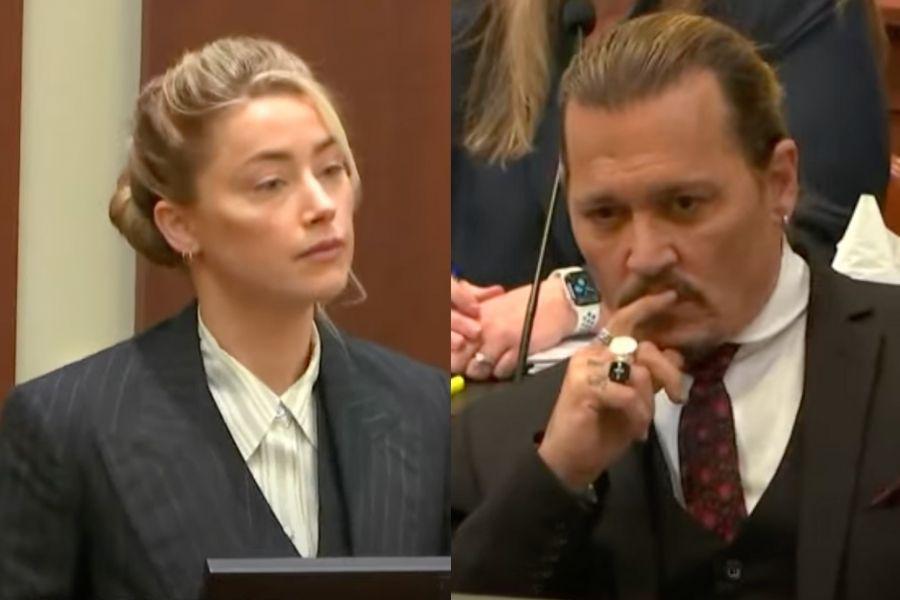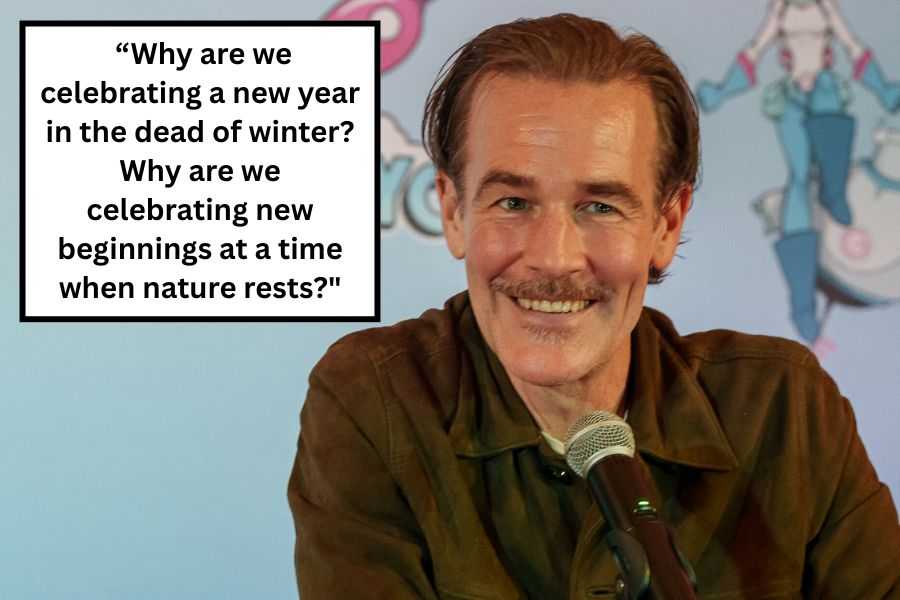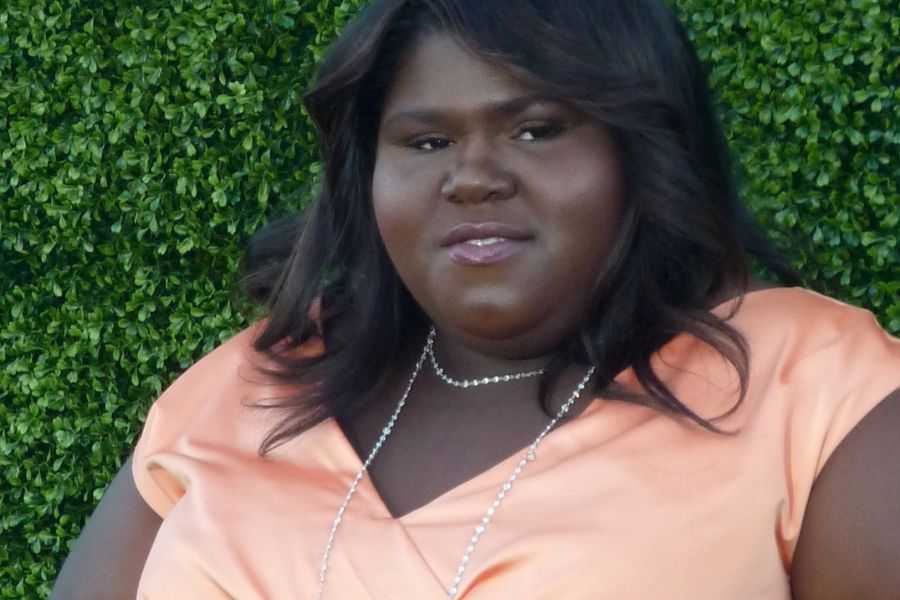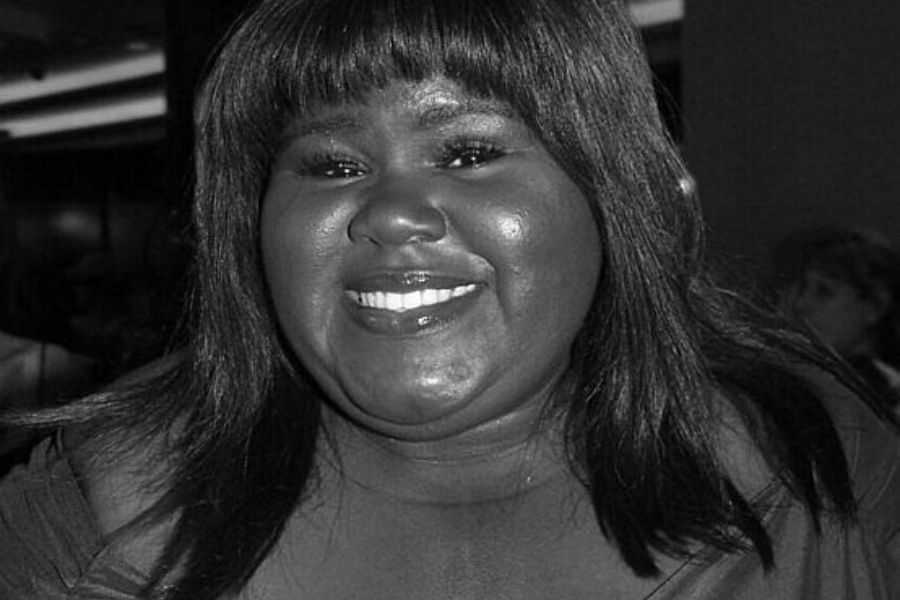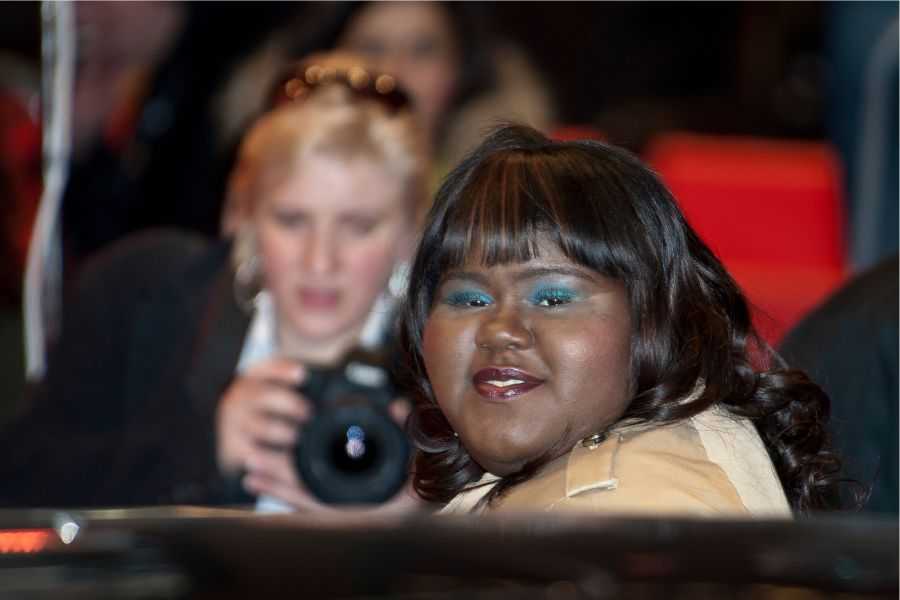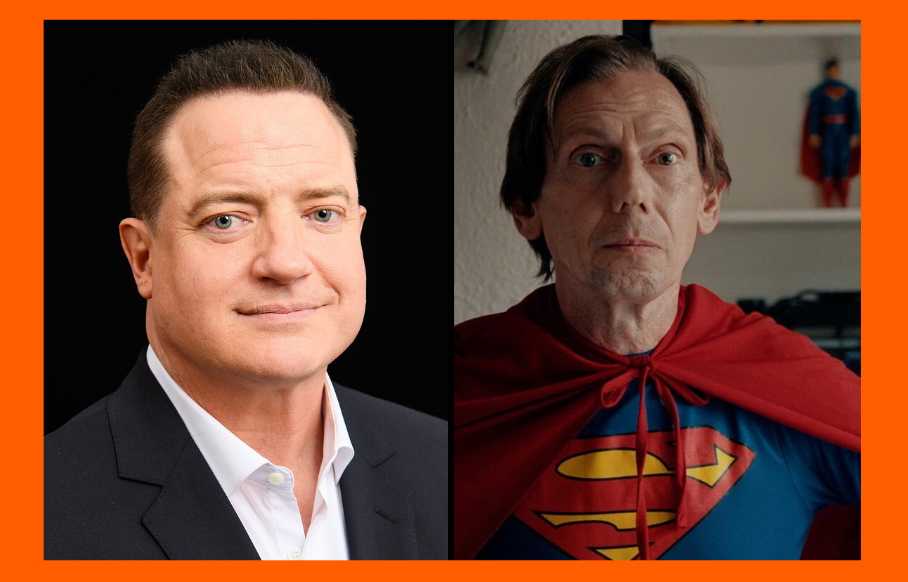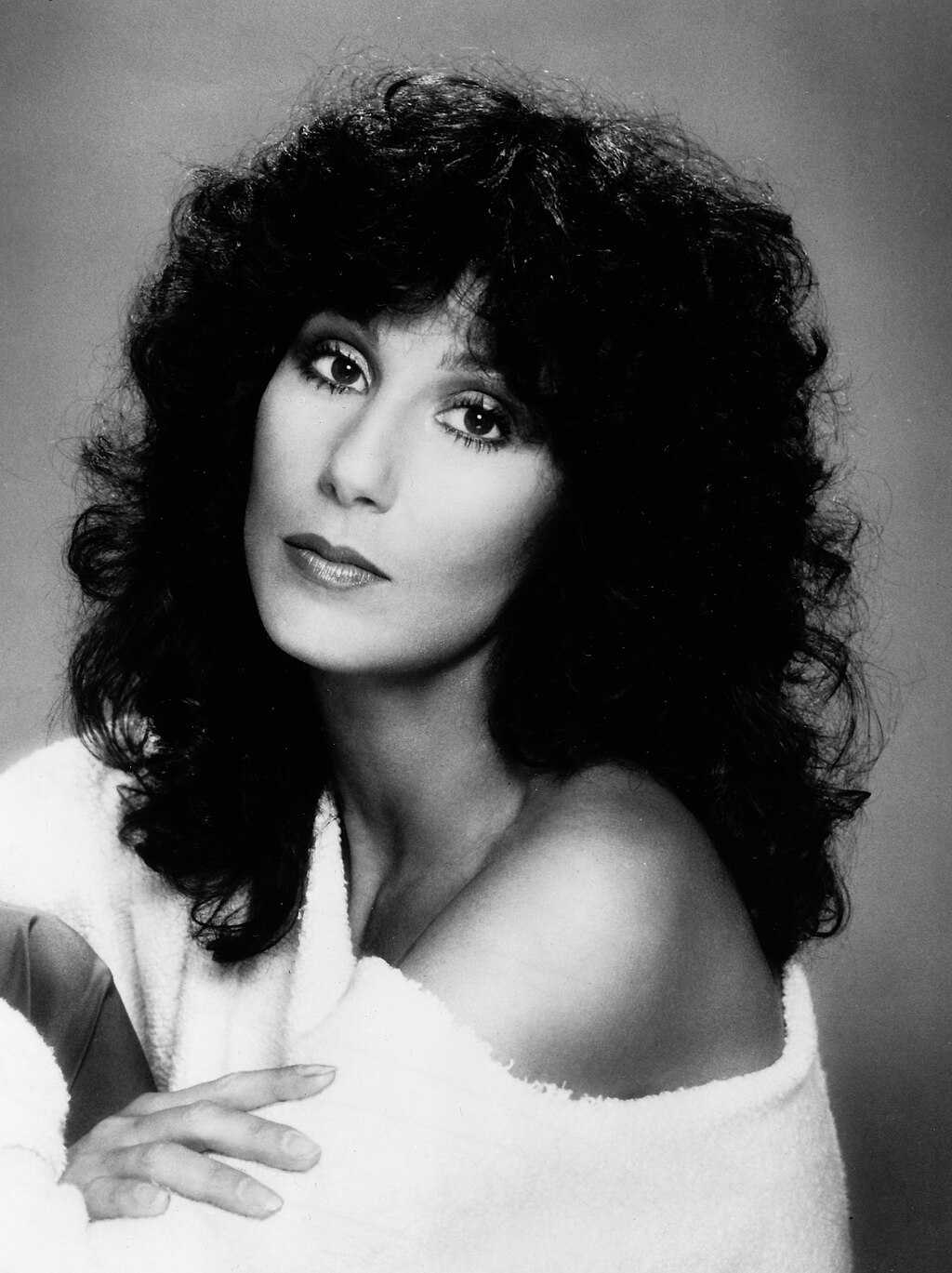A recent (and fairly insensitive) sketch from “Saturday Night Live” said it best regarding the widespread fixation many have on the Johnny Depp and Amber Heard trial:
“It’s not the most pertinent story of the moment, but with all the problems in the world, isn’t it nice to have a news story we can all collectively watch and say ‘glad it ain’t me?’”
Schadenfreude, celebrity fascination and previously inaccessible information now being at our fingertips is a potent combination in this trial, making amateur lawyers and psychologists of all who feel compelled to unleash their hot takes. And though the right to converse and speculate exists, is it always in our best interests to do so? Especially when it means potentially spreading misinformation, or at the cost of empathy and compassion?
For example: Borderline personality disorder (BPD) is a complex and very rare disorder; less than 2% of adults in the U.S. have it, according to the National Institute of Mental Health. And yet, since Dr. Shannon Curry’s testimony, where she diagnosed Heard with it, I have seen BPD used a number of times to angrily describe someone whose behavior was less-than ideal … usually a co-worker or a former romantic partner. Dr. Curry is a trained and experienced professional in the mental health field and she made her assessment through proven methods that she has studied and practiced throughout her career. The same can’t necessarily be said of the person making an impulsive judgment online.
Just because a person is displaying similar behavior patterns such as fear of abandonment and intense mood swings, it doesn’t mean that they have BPD. Just like someone who is often immature and self-centered isn’t necessarily dealing with narcissistic personality disorder (another rare and serious disorder thrown around somewhat carelessly).
When we oversimplify these nuanced psychological terms—especially when we use them as petty insults—it can help to further stigmas and ignorance surrounding mental illness. In some cases, it might even prevent people from seeking help. It’s wonderful that we can more openly talk about things like “trauma” and “PTSD” now that social media has made this terminology more common. But this trial reveals that perhaps most of us still really have no idea what the words we’re using mean. And we use them harshly.
I get that it can be healing to put a word to your suffering and the cruelties elicited by another. A very good friend of mine only recently discovered that her now ex-fiance was diagnosed with BPD. Though a painful truth to consume, ultimately it erased so much confusion she had about their relationship and helped her stop blaming herself for things not working out. It also helped her move on.
The traction that BPD has gotten through the Depp and Heard trial has certainly cultivated more mainstream awareness of the disorder, which might help others find similar solace. That is a great thing. It’s only when we overuse specific terms to generalize actions we find “bad” that it becomes problematic.
I have a feeling anyone who’s been called “the crazy ex” would agree.
Bottom line: The words we use matter. Overuse depletes real meaning. Misuse creates misunderstanding. In a time when it’s so easy to use default labels to criticize someone’s worst attributes, perhaps discretion is the best discipline.

